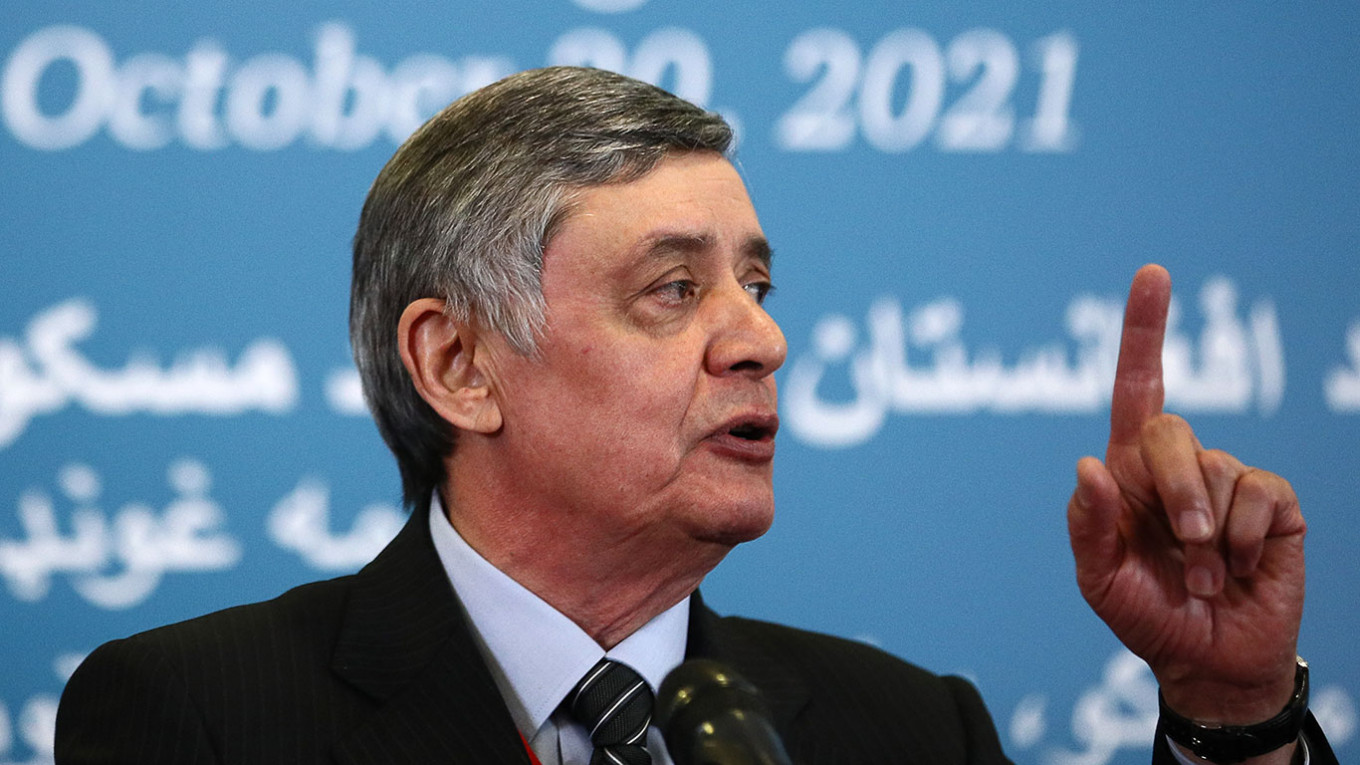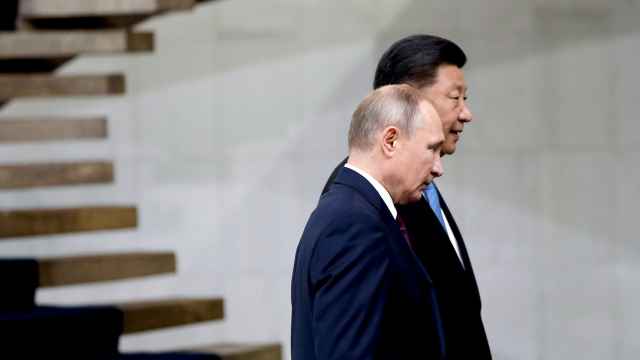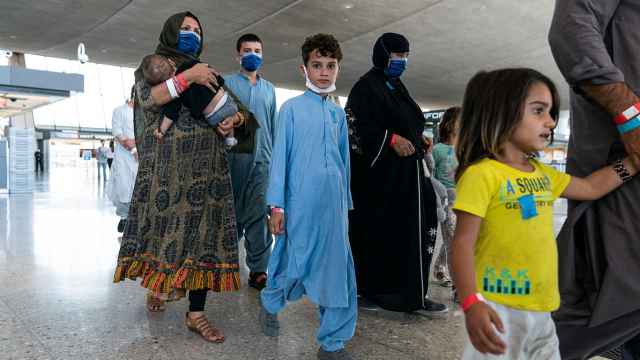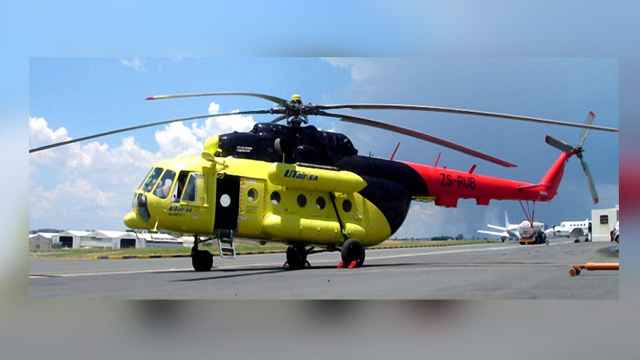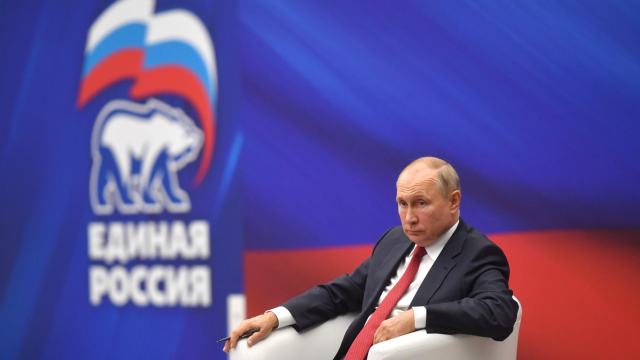Russia on Monday urged Western countries to engage with the Taliban and for the European Union to re-open its embassy in Afghanistan, warning that the country was at risk of descending further into drug trafficking and terrorism.
The call came after Moscow last week hosted members of the Islamist regime for international talks, and the Taliban agreed to work with Russia, China and Iran on regional security.
Speaking to reporters on Monday, the Russian presidential envoy to Afghanistan, Zamir Kabulov, said the European Union would be right to re-open its mission in the country.
"European partners should not have left Afghanistan," he said, adding it was "high time" for European diplomats to return.
He called on the West to engage with the Taliban to prevent Afghanistan from sliding into chaos and warned that attempts to cut aid would be "absolutely counter-productive."
In an effort to survive, Kabulov warned, people in Afghanistan could resort to drug trafficking, terrorism and arms smuggling, pointing to "huge amount of weapons" left behind by NATO troops.
"If the West wants this, then they are on the right track," he said.
Kabulov also reiterated Russia's calls to unlock funding for the country.
Billions of dollars in Afghan reserves have been frozen in the West to keep cash away from the Taliban after it captured Afghanistan in mid-August.
"This is absolutely outrageous," said Kabulov. "Who are they punishing: the Afghan authorities or people? The money should be returned to the Afghan people."
Afghanistan's economy is in a parlous state with international aid cut off, food prices rising and unemployment spiking.
Kabulov said Russia was preparing to send more humanitarian aid to Afghanistan "in the coming days" but did not provide further details.
The Taliban is a terrorist organization banned in Russia.
A Message from The Moscow Times:
Dear readers,
We are facing unprecedented challenges. Russia's Prosecutor General's Office has designated The Moscow Times as an "undesirable" organization, criminalizing our work and putting our staff at risk of prosecution. This follows our earlier unjust labeling as a "foreign agent."
These actions are direct attempts to silence independent journalism in Russia. The authorities claim our work "discredits the decisions of the Russian leadership." We see things differently: we strive to provide accurate, unbiased reporting on Russia.
We, the journalists of The Moscow Times, refuse to be silenced. But to continue our work, we need your help.
Your support, no matter how small, makes a world of difference. If you can, please support us monthly starting from just $2. It's quick to set up, and every contribution makes a significant impact.
By supporting The Moscow Times, you're defending open, independent journalism in the face of repression. Thank you for standing with us.
Remind me later.


